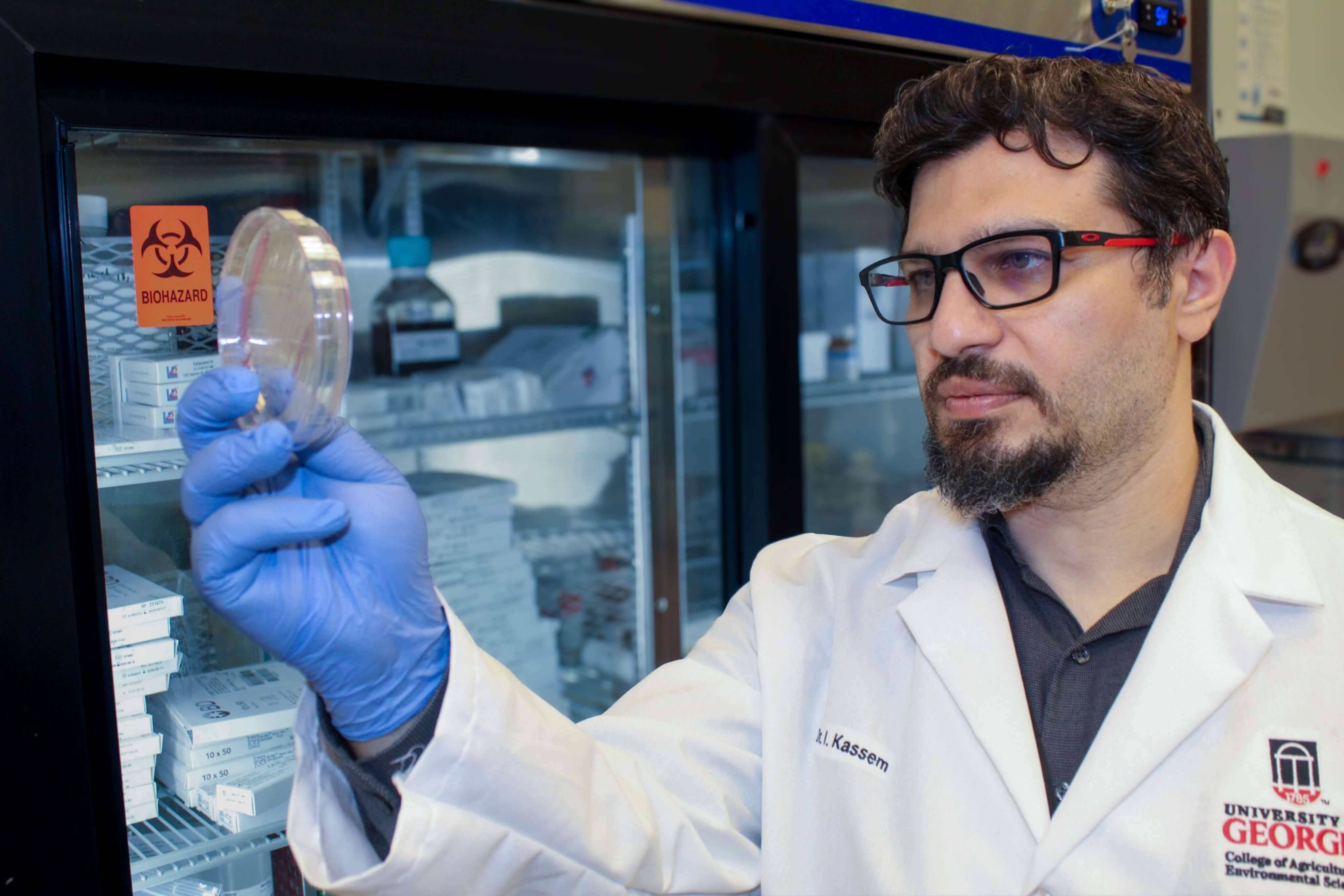Recent rains left some homeowners tackling septic tank problems. Saturated soils aren’t able to take up additional water from drainfield lines.
Hopefully, conditions will improve as soils dry out. Some soils, like those in Wilkes County where I am the county agent, have problems with drainage. Quite often septic tank problems in our area are caused by poor soil drainage. In these cases, problems may occur even during times of normal rainfall.
To solve this problem, the homeowner may have to lengthen the septic system’s drainfield lines. In the worse case scenario, another site may have to be selected for the drainfield.
Over-the-counter additives are not the solution. Several manufacturers of septic tank additives claim household cleaners cause improper functioning to residential septic tanks. They claim bacterial additives are needed to resupply the bacterial population required for anaerobic digestion in the septic tank.
Actually, bacteria responsible for digestion in septic tanks are commonly found in the domestic wastewater entering the tank as well as in the soil of the drainfield. As long as the septic tank is being used and maintained properly, incoming wastewater from the residence will supply the septic tank with enough bacteria to properly carry out digestion.
Research conducted over the past several years has concluded that, with normal use, household cleaning products do not adversely affect septic tank operation. Normal use of household cleaning products is considered to be the amount recommended by the manufacturer.
With normal use, household cleansers and disinfectants will destroy bacteria in homes without harming the bacterial digestion required for a septic tank to operate properly. This is because the cleaning products are diluted once they enter the tank, and because of the absorption capacity of the tank’s organic material.
To learn more about septic tanks, refer to Extension bulletin 1242-4: “On-Site Wastewater Management Systems and Their Environmental Impact” at pubs.caes.uga.edu.






